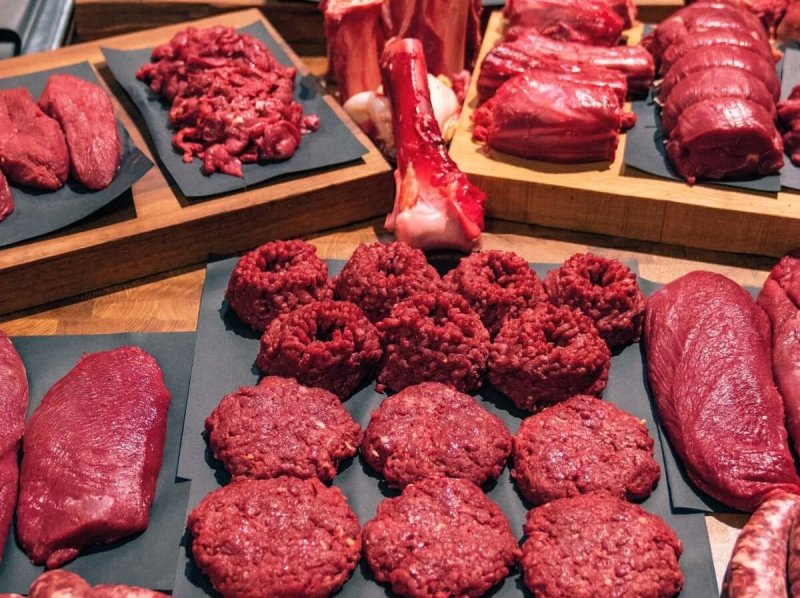Using a genetic engineering technique known as molecular farming, [Moolec Science] believes it can leverage the scale of production of crop farming to create animal proteins more cost effectively than other forms of cellular agriculture – like cultured meat – can do today.
The technique, which uses genetically-modified crops like tobacco or safflower to produce proteins, has been used since the 90s in the pharmaceutical industry. However, using molecular farming for production of animal cell protein through crops for use in food is relatively new and something Moolec’s predecessor company has spent years working on.
Moolec is a spinout of Argentina-based bioscience conglomerate Bioceres SA, which has already developed a technology for producing an enzyme used in the production of cheese called chymosin. While chymosin originally was produced through traditional animal agriculture (it’s found in the intestines of cattle and goats), in recent decades cheese producers have sought more sustainable approaches such as fermentation-based production of chymosin.
The company sees two crops in particular that they are excited to extend their process for animal-cell protein through plants: soy and pea.
“Soy and pea isolates and concentrates are the stars in a plant-based landscape,” said [CEO Gastón] Paladini. “They are the main raw material to make plant-based products. We are actually doing the same process but with animal cells inside.”































